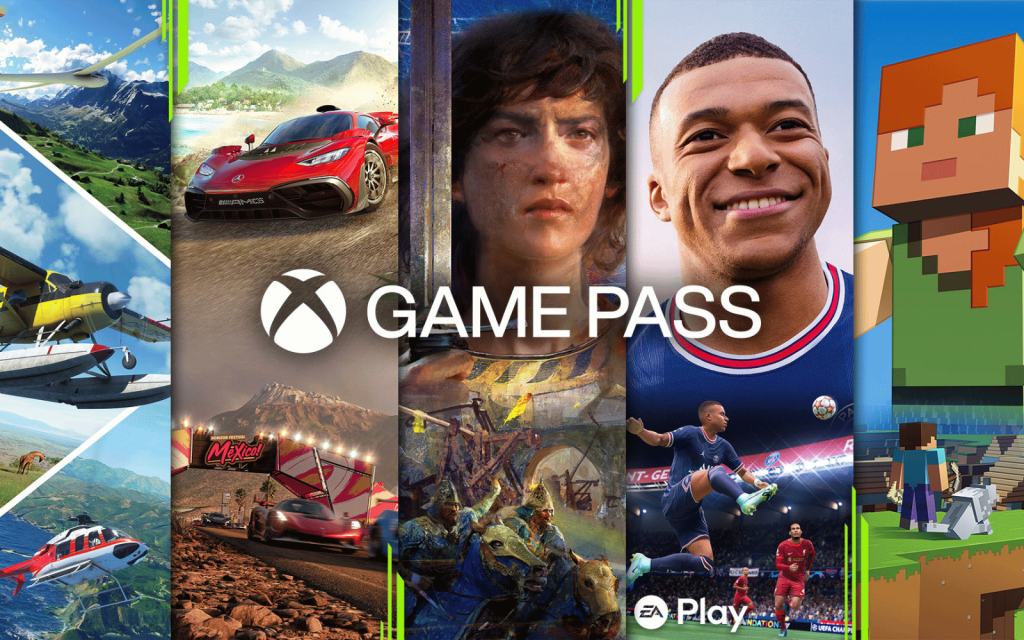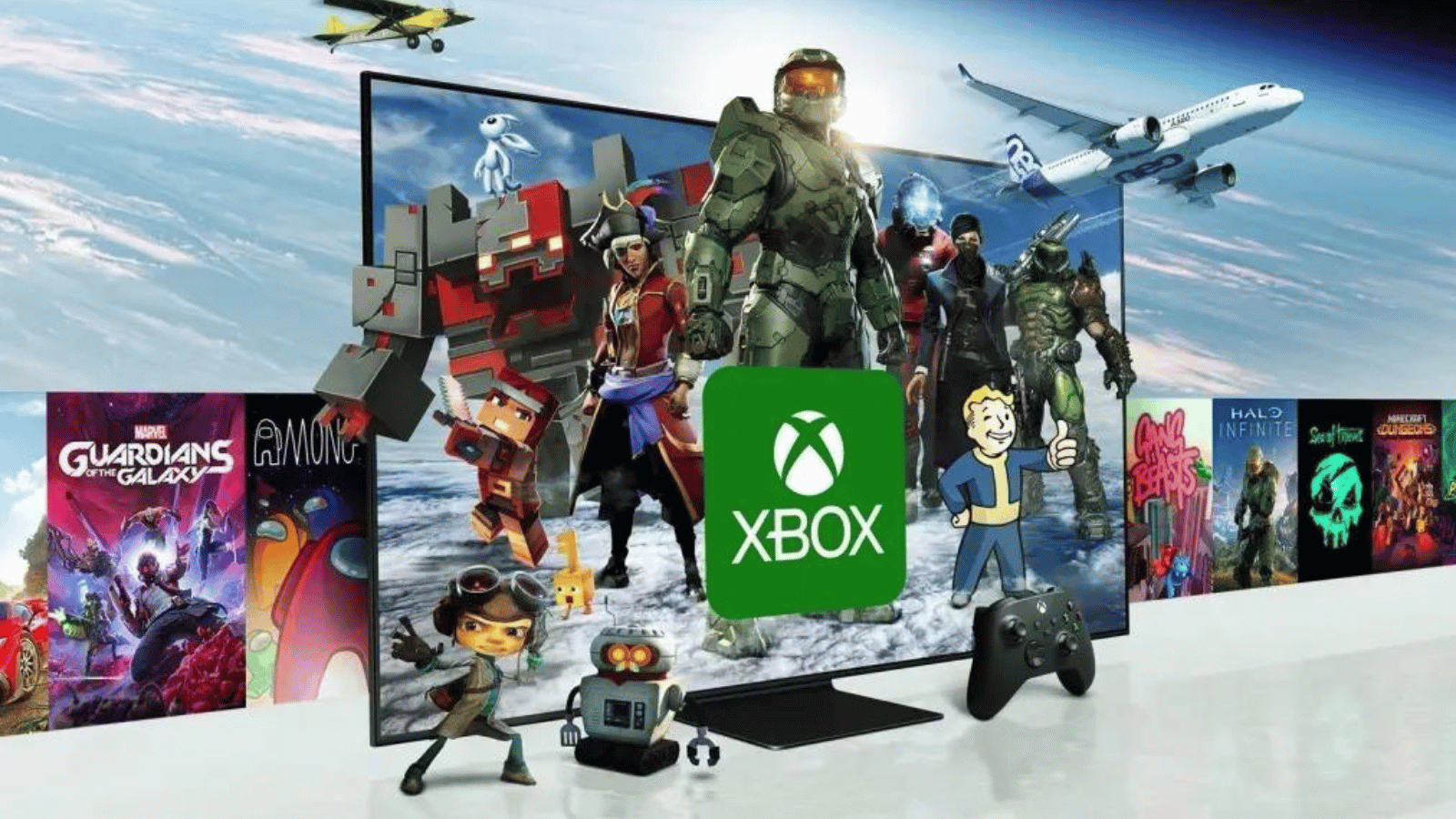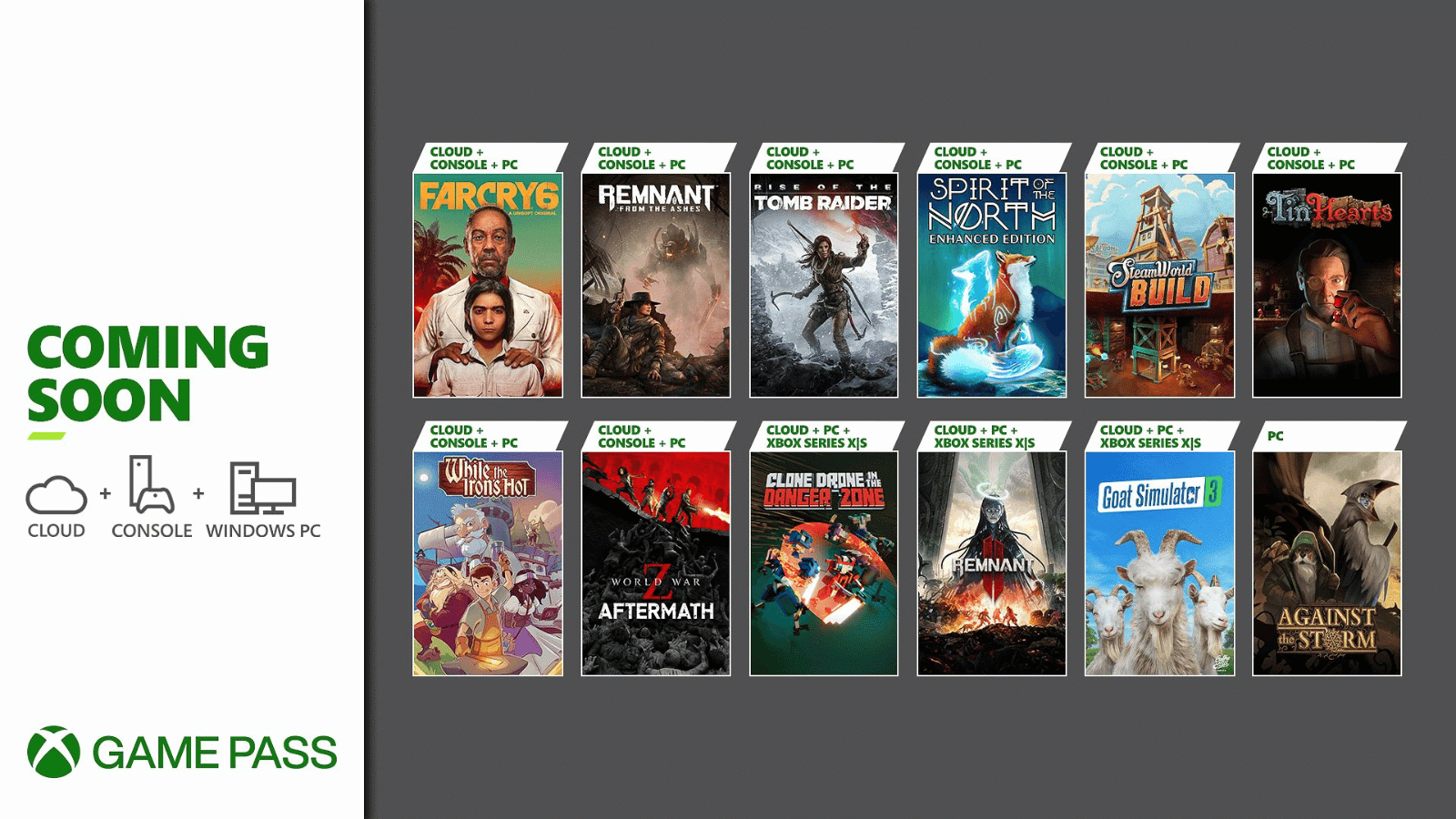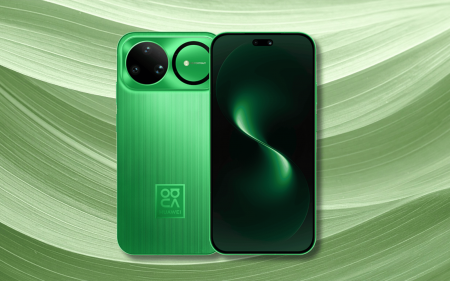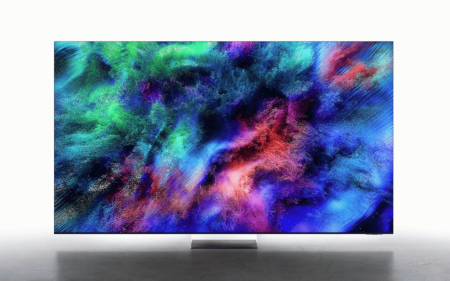Let us guess. You’ve recently just unwrapped a brand-new Xbox Series X or Series S (parent-bought or otherwise) and now you need to figure out how to get yourself online to start getting your behind handed to you in Call of Duty. Were we close? Actually, just keep that to yourself. We’ll just assume we were spot-on and get on with the point of this article: Xbox’s Game Pass.
See, Xbox’s exclusive line-up might not be as packed (nor as good) as those from PlayStation or Nintendo, but what it lacks in exclusives is made up for in Game Pass, Microsoft’s subscription-based service that encompasses online play, a library of digital games and, if you know what you’re doing, Xbox games playable on PC into one package. What with Microsoft sunsetting Live Gold, introducing all those new tiers and the price hikes, it’s not as obvious as it might sound, though.
What is Game Pass?
Calling Game Pass the ‘Netflix of games’ might be overused and a little boring, but it’s possibly the most apt description out there that’ll permeate newcomer’s brains. Hand over a portion of your month’s salary to Microsoft and it’ll open the doors to an entire library of games — which grows and shrinks depending on how much you’re willing to part with. We should mention that games on the catalogue can come and go whenever Xbox fancies.
Where Game Pass (excluding Core) triumphs over PlayStation’s Plus — a similar service — is Microsoft’s mindset when it comes to first-party titles. Rather than hold games like Starfield and Lies of P over their subscribers’ heads, they were launched on Game Pass day one, matching their respective global release dates. That’s usually the case for most games under the Microsoft umbrella which includes games from Bethesda and more recently, Activision Blizzard.
Anybody who ends up choosing the more expensive tiers available (Ultimate and PC Game Pass), will net themselves an additional membership to EA Play. Sure, it’s easy to dunk on the company’s sports simulators (see?) but there are a couple that might catch your eye. It’s housing one of our personal favourites — It Takes Two — plus a bunch of others like Mass Effect: Legendary Edition, Titanfall 2 and Jedi Survivor: Fallen Order.
And finally, the thing that started it all; online multiplayer. Unless you’re planning on only rocking free games like Rocket League or Fortnite your entire career, you’ll need a Game Pass subscription to go any deeper. And if you’ve got any ambitions about cloud streaming through your Xbox, put them to rest. At the time of writing, Xbox has yet to introduce Cloud Gaming in South Africa.
Shedding a tier (or two)
Overall, there are only four tiers to choose from: Xbox Game Pass Core, Xbox Game Pass Console, Xbox Game Pass PC and Xbox Game Pass Ultimate. We’ve scoured through them to determine what each plan offers, their respective pros and cons and how much they’ll set you back. Kicking things off is Core, the most basic Game Pass contender there is.
Xbox Game Pass Core (only for Xbox consoles)
If your only goal is to boot up whatever the latest Call of Duty is and teach your friends why those games have a “treat everyone with respect” code of conduct at their beginnings, then Core is probably your best bet. It will require a sacrifice of R80/m or R200 every three months to get it kickstarted and offers with it a decent selection of rotating member-only deals on the Xbox store.
There is a library of games that you can have your way with — 39 by our last count — though it pales in comparison to the 100+ strong catalogues of the three other tiers. Still, it’s not a half-bad selection of games. Want our advice? Start with Superliminal. You won’t regret it.
Xbox Game Pass Console (only for Xbox consoles)
Honestly, we can’t see why anyone would pick Core over something like Game Pass Console. It’ll only set you back an additional R5 — making for an R85/m grand total. It’s got all the same benefits as Core, such as member-only discounts, and online play for any game that supports it. The big swinger here is easily this tier’s catalogue of games, far exceeding that of Core’s with “hundreds of high-quality games on console.” Hell, it’ll even add some of those Day One titles we mentioned. The only real downside is this tier’s inability to purchase three- or six-month subscriptions, with players being forced into a recurring one-month price.
Xbox Game Pass PC (only for PC gaming)
This is where things begin to get interesting. As the name implies, this is a subscription that’s meant for PC gamers only. It’ll cost as much as a Core subscription — R80/m — but does have the added benefit of a two-week-long trial that’ll only cost R16 to gain access to. It’s touting the same “hundreds of high-quality games on console” schpeel, though there are a couple of PC exclusives you can laud over your Xbox-owning siblings. Then there are the member-only discounts that have carried over from the previous tiers.
The thing that sets PC Game Pass apart is the addition of an EA Play, bringing with it a whole separate collection of games to download and never play.
Xbox Game Pass Ultimate (console and PC gaming)
As the name implies, Ultimate is Xbox’s supreme Game Pass tiers to end all Game Pass tiers. Sure, it’s the most expensive of the lot, costing R130/m. Again, there aren’t three- or six-month options available, though the R16 two-week trial period found in the PC Game Pass makes a return here. It’s got all the benefits of the three tiers already mentioned — discounts, online play, a rotating library of games, PC and console play and EA Play.
Where Ultimate differs most is a new addition to the service called Perks. These are reserved for Ultimate subscribers, and include bits of exclusive in-game content and the occasional discount on games that’ll swap out every month or so. It’s worth remembering that they’re time-limited, so it’s a good idea to keep an eye on them from time to time.

